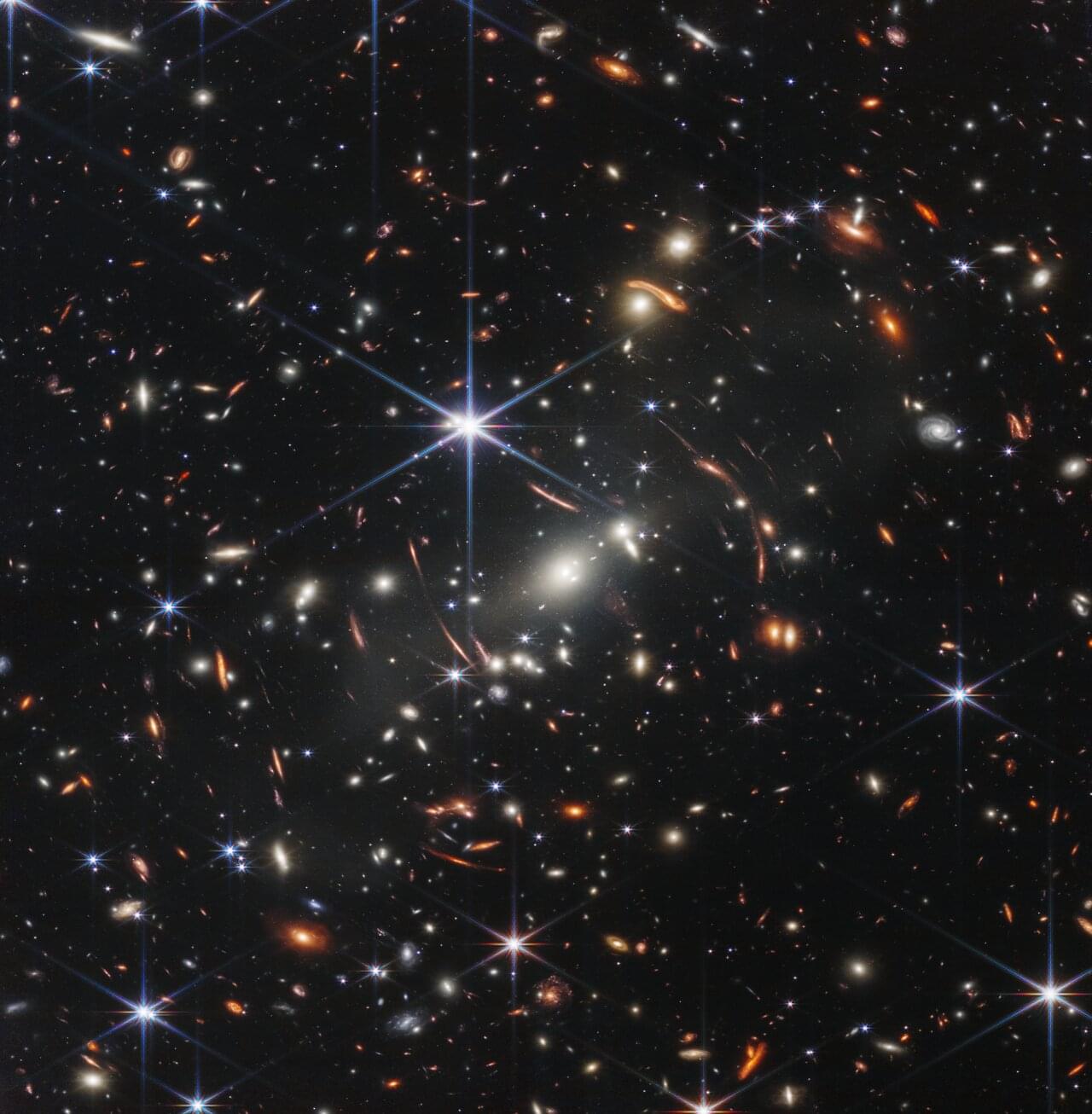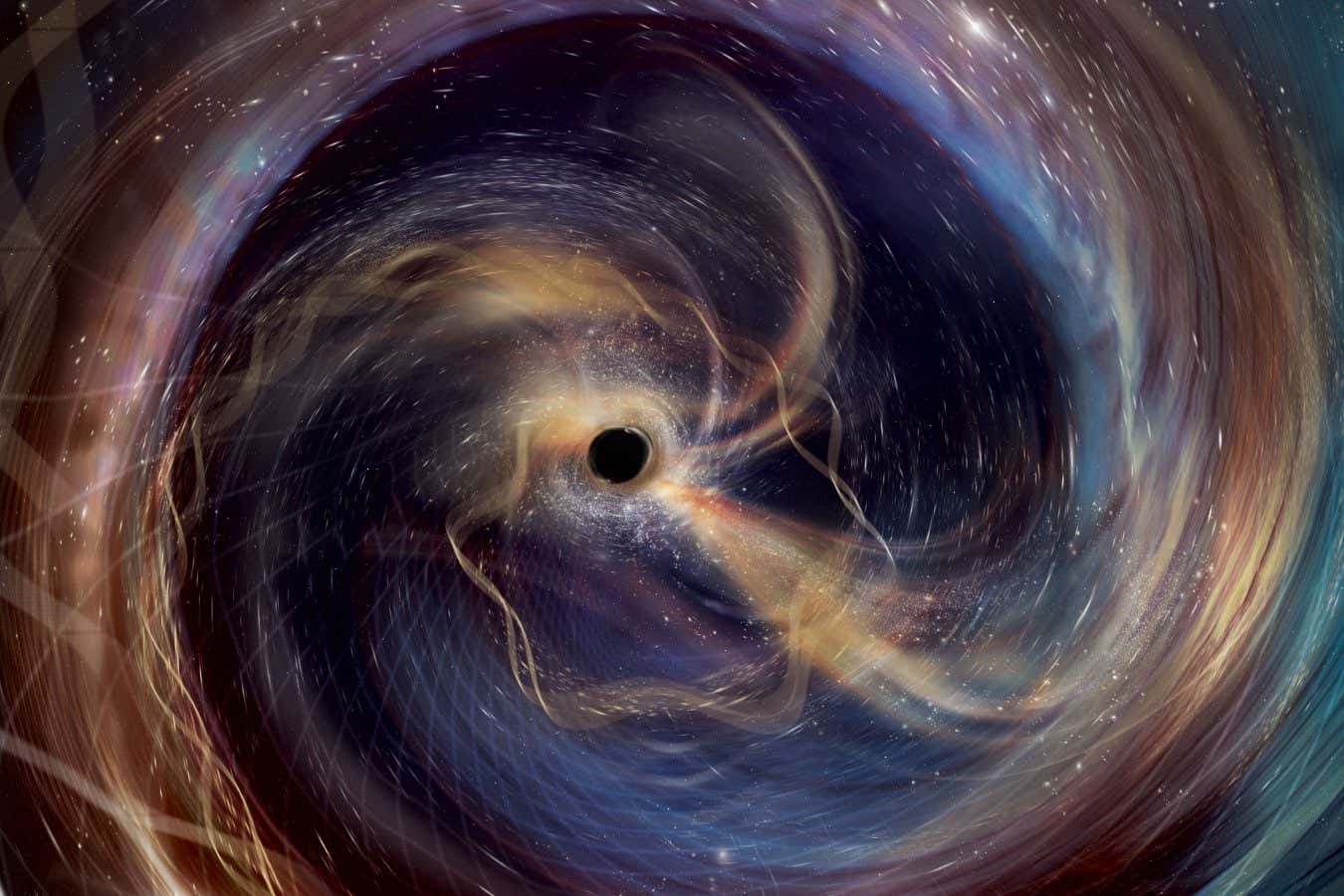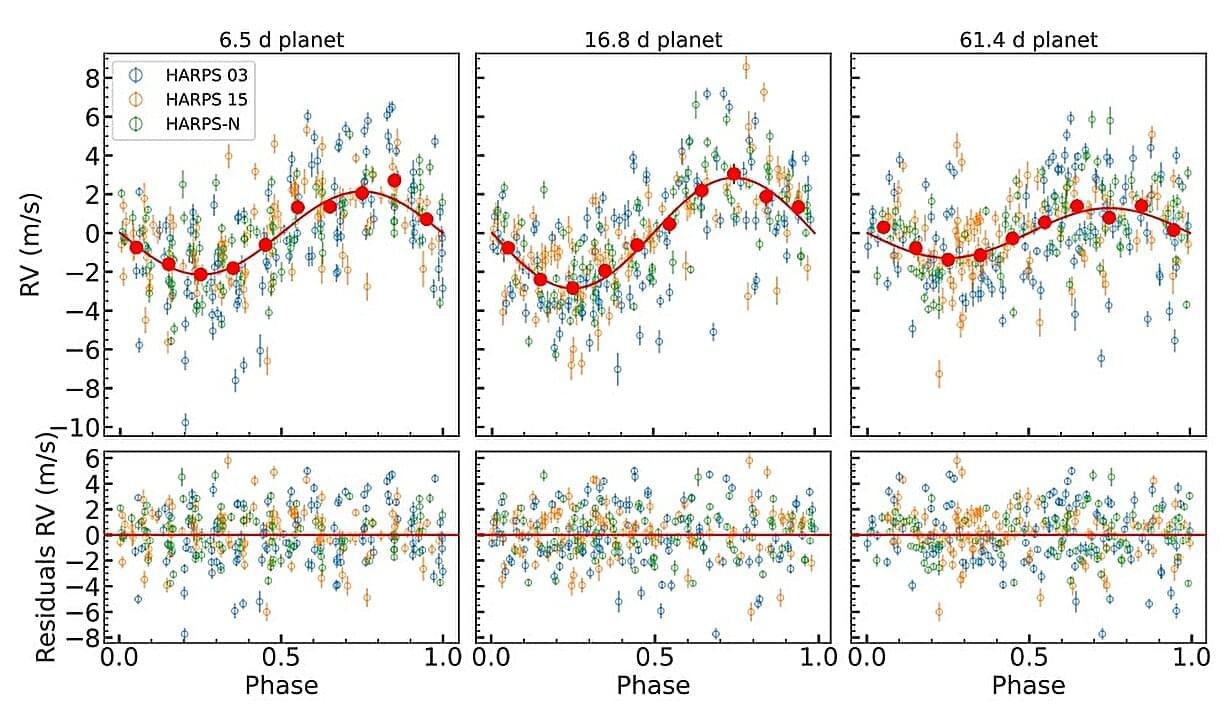The standard cosmological model (present-day version of “Big Bang,” called Lambda-CDM) gives an age of the universe close to 13.8 billion years and much younger when we explore the universe at high-redshift. The redshift of galaxies is produced by the expansion of the universe, which causes emitted wavelengths to lengthen and move toward the red end of the electromagnetic spectrum.
The further away a galaxy is, the more rapidly it is moving with respect to us, and so the greater is its redshift; and, given that the speed of light is finite, the more we travel to the past. Hence, measuring the age of very high redshift galaxies would be a way to test the cosmological model. Galaxies cannot be older than the age of the universe in which they are; it would be absurd, like a son older than his mother.
In work carried out with my colleague, Carlos M. Gutiérrez, at the Canary Islands Astrophysics Institute (IAC; Spain), we analyzed 31 galaxies with average redshift 7.3 (when the universe was 700 Myr old, according to the standard model) observed with the most powerful available telescope available: the James Webb Space Telescope (JWST).









